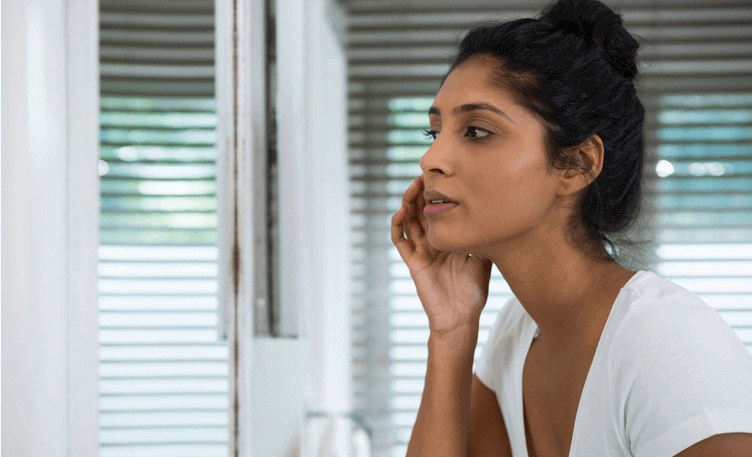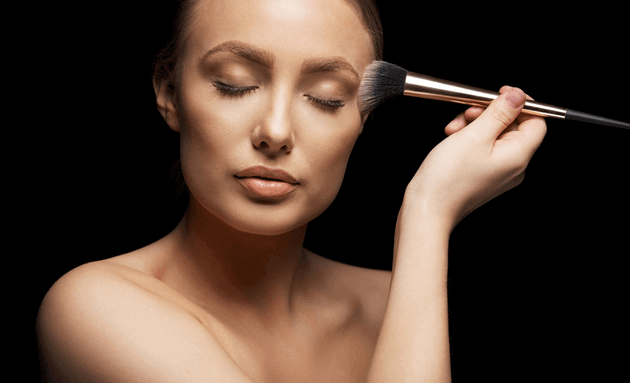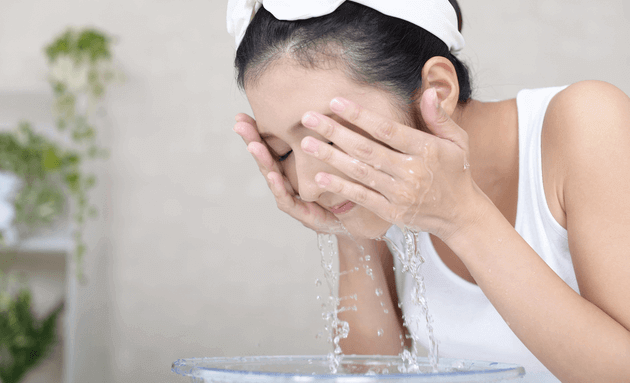Adult Acne: Understanding Causes and Treating Breakouts

Are you an adult still suffering from acne? You’re not the only one. Although acne and acne breakouts are considered as problems during adolescence, the truth is, adult acne is quite common. Adult acne is similar to acne in teenagers, but there are some differentiators to watch out for.
What is Acne?
Acne is a skin condition that causes whiteheads, blackheads, and pimples. It forms when your hair follicles get clogged with excess skin oil (sebum) and dead skin cells. It usually appears on the face, chest, and shoulders or upper back.
What Causes Adult Acne?

Adult acne usually appears after the age of 25. The contributing factors to adult acne are:
- Excess oil (sebum) production by your skin leading to clogged pores and acne
- Bacteria P.acnes on your skin results in acne and pimples on your skin
- Inflammation caused due to overproduction of sebum, leading to acne
- Irregular menstrual cycles and hormones which can foster higher oil production
- Diet high in sugar, or skincare products that can clog pores
- High levels of stress can lead to excess production of the hormone Cortisol that becomes a breeding ground for acne-causing bacteria
- High levels of pollution that exposes your skin to harmful UV rays, dirt, and harmful chemicals
Some medications like corticosteroids can also cause acne. However, some acne breakouts may also be the cause of certain underlying medical conditions like Polycystic Ovarian Syndrome or other endocrine disorders. Consult a dermatologist if your acne persists without any family history of severe acne.
How Can You Prevent Acne Breakouts?

Cleansing or exfoliating your skin, but not excessively, can sometimes be enough to prevent acne. But for other times, you may need medical help to get rid of those painful, red boils on your skin. Here are some key tips to prevent adult acne breakouts:
- Always thoroughly cleanse your skin of all makeup before going to bed
- Always purchase non-comedogenic products for your skin
- Avoid oily facial or hair products
- Make dietary changes as per your doctor’s recommendations
- Use pollution masks and sunscreens when stepping outside
Medical treatments to treat severe acne are:
- Topical creams as advised by your dermatologist
- Photodynamic therapy that helps kill acne-causing bacteria
Your dermatologist will recommend the right treatment method for you based on the cause and severity of your acne.
With proper evaluation and the right treatment, acne can be managed and prevented effectively in most cases. If you’re experiencing severe acne breakouts, it’s time for a visit to your dermatologist.


